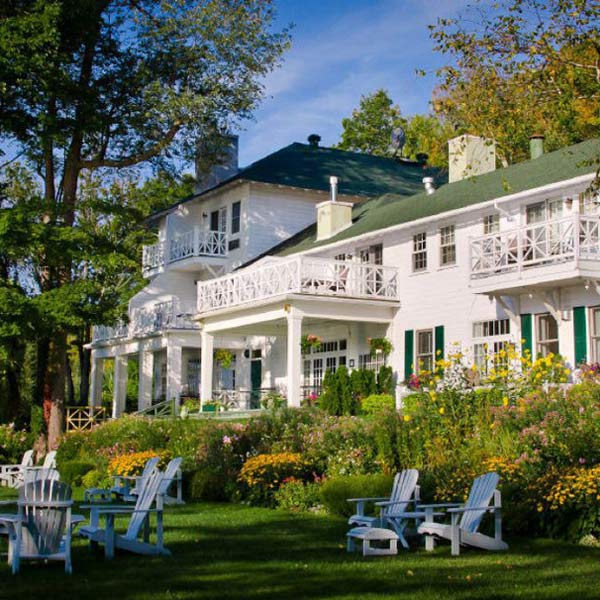wcag heading
From Pg. 5
Adown Titanic glooms of chasmed fears, Émile remembered the quote as he remembered those days. Yes, he thought, that described it. Chasmed fears. Both their own, and the murderers. Across tables across the province he and Gamache had sat. Just like this.
Louise’s Thoughts:
The Hound of Heaven. I remember when my mother gave me the tiny booklet with the green cover and told me it was one of her favourite poems. I’d just finished reading The Hound of the Baskervilles, and for some reason thought it was the same story, in verse. It is not. The Hound of Heaven quickly became one of my favourite poems, to the extent that I memorized it. I suspect I loved it because it described my relationship to God, at that time. Believing, but afraid of what God might ask of me. It’s that same sort of tension that I try to bring to the books. Especially, perhaps, Bury Your Dead. The struggle to believe, to trust, to give up, in the face of terrible reasons not to. To face those chasmed fears. In my life. In Gamache’s. In yours.
From Pg. 14
Closing his eyes he breathed deeply, smelling the musky scents of the library. Of age, of stability, of calm and peace. Of old- fashioned polish, of wood, of words bound in worn leather.
Louise’s Thoughts:
So interesting to read this, and realize that the sense of smell has been a theme throughout the books. In fact, it plays a part in the one I’m just writing now. So evocative, no? How quickly not just memories, but feelings, come back. We’re transported body and soul, to another place. Like Armand, and probably like you, I cherish the smell of books. Opening one and smelling that distinctive scent. And then, put hundreds, thousands, together in an old library, and what do you have? A haven. Exactly what Armand needs.
From Pg. 28
Though these days he was never alone. He longed for it, for blessed solitude. Avec le temps, Émile had said. With time. And maybe he was right. His strength was coming back, why not his sanity?
Louise’s Thoughts:
I suspect anyone who has ever lost a loved one knows how Armand is feeling. Of being haunted. Of both wanting that ghostly companionship, but also longing to move forward. Out of crushing grief. The attachment here is with a barb. This memory, this boy, is connected to Armand, without respite. Both a companion and an accusation.
From Pg. 92
All the images he kept locked away during the day he let out at night. He had to. He’d tried to keep them in, behind the groaning door but they’d pounded and pressed, hammering away until he had no choice.
Louise’s Thoughts:
It was difficult to write about PTSD. To try to get into the mind of someone who’d suffered. Who’d survived when those he was responsible for did not. And that the conscious mind could only control so much, and so long. Before it broke. But then, as we know, it’s how the light gets in.
From Pg. 192
In my line of work you grow suspicious of coincidences. They happen, but not often. And when you see one you ask questions.
Louise’s Thoughts:
Honestly, I try not to deal in coincidences. Seems far to facile, too cliched. But when I do, it is done very carefully, very consciously. I hope, in this case, it works.





